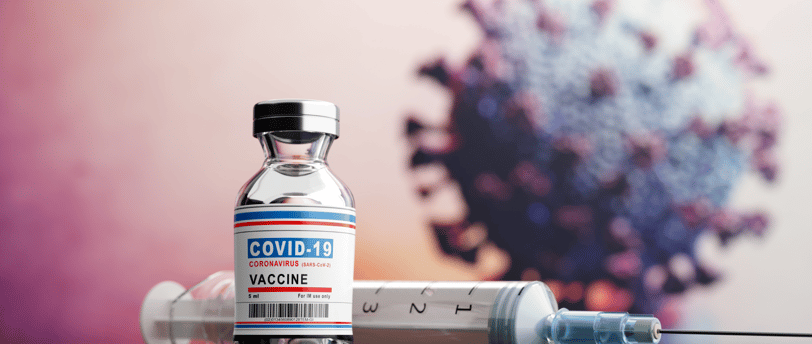Since the onset of the Covid-19 pandemic, scientific research has been a crucial tool for understanding the mechanisms of the virus, its effects on the human body, and the development of therapeutic strategies. One of the most exciting approaches has been the use of "organoids," small three-dimensional structures of human cells, to study the interaction between the virus and the human body. Let's explore the exciting discoveries and transformative prospects that organoids have brought to Covid-19 research.
The Promise of Organoids in Covid-19
Research Organoids have proven to be an innovative and valuable tool for understanding SARS-CoV-2 and its effects:
Precise Infection Models: Organoids can be cultured from respiratory tract cells, lungs, and other tissues affected by Covid-19, providing an accurate in vitro model to study how the virus invades cells and replicates.
Studying Infection Mechanisms: Scientists have used organoids to map the virus's entry mechanisms into cells, identifying the proteins involved in infection and enabling the development of targeted therapies.
Assessment of Immune Responses: Organoids have also helped elucidate how the immune system responds to infection, providing crucial insights for vaccine and treatment development.
Testing Therapies: Organoids have been used to test the efficacy of different drugs in combating the virus, speeding up the therapy development process.
Understanding Complications: Research with organoids has allowed scientists to study Covid-19 complications, such as lung and organ damage, in a controlled environment.
Transformative Results
Discoveries using organoids in Covid-19 research have been incredibly transformative:
Identification of Therapeutic Targets: Organoid research has enabled the identification of specific virus proteins that may be potential targets for treatments.
Development of Targeted Therapies: Studies with organoids have informed the development of targeted therapies that can block the virus's entry into cells.
Assessment of Side Effects: Organoids have been used to assess the effects of candidate drugs, ensuring they are safe for human use.
Better Understanding of the Disease: Research has revealed details about how the virus affects different organs, elucidating disease mechanisms.
The Future with Organoids in Covid-19
Research As Covid-19 research continues to evolve, organoids are expected to play a crucial role. With their potential to replicate human organ environments and provide valuable insights, they are a promising tool to accelerate discoveries and develop effective approaches to combat the global pandemic. Combining innovation and collaboration, organoids are bringing us closer to a deeper understanding of Covid-19 and strategies to combat it.




